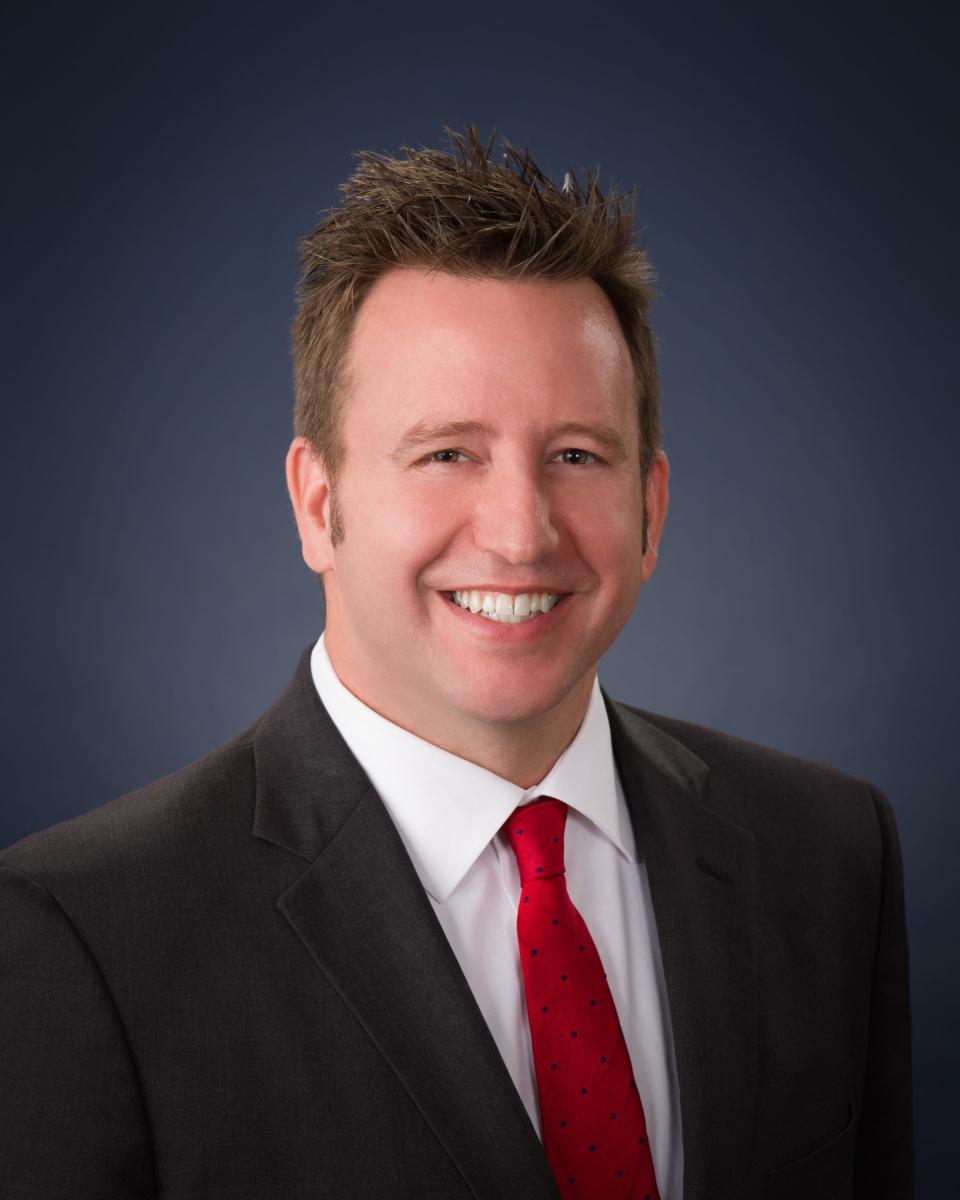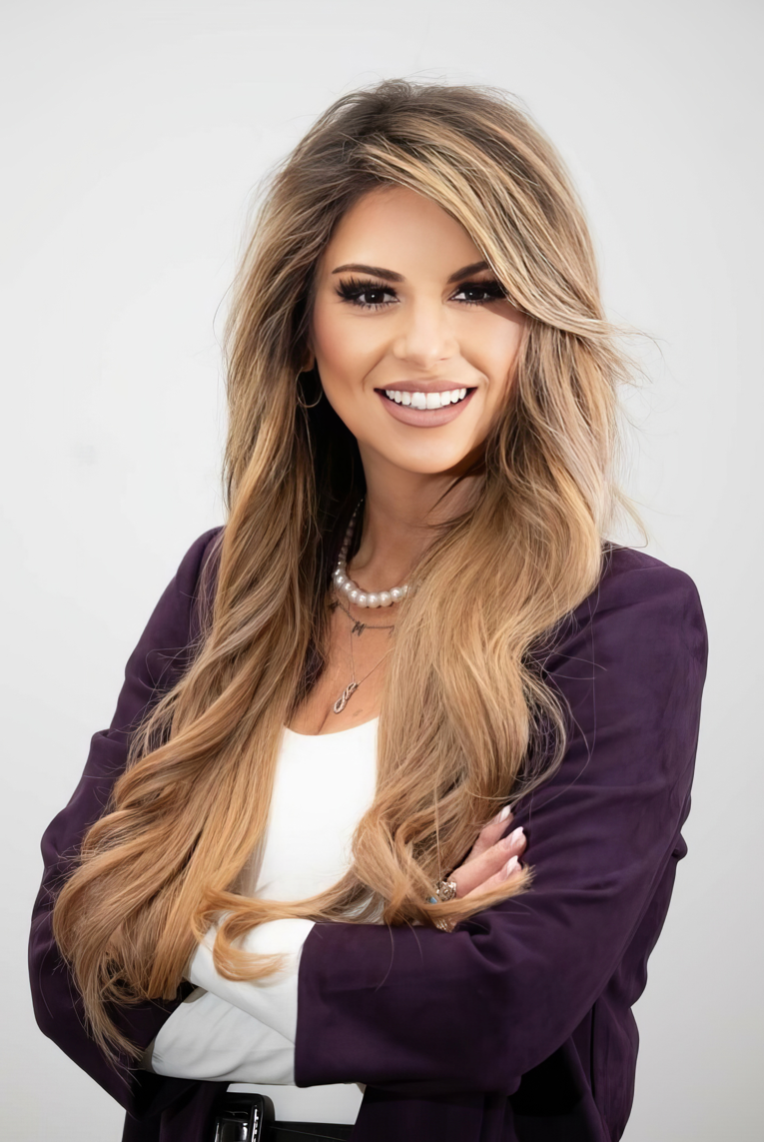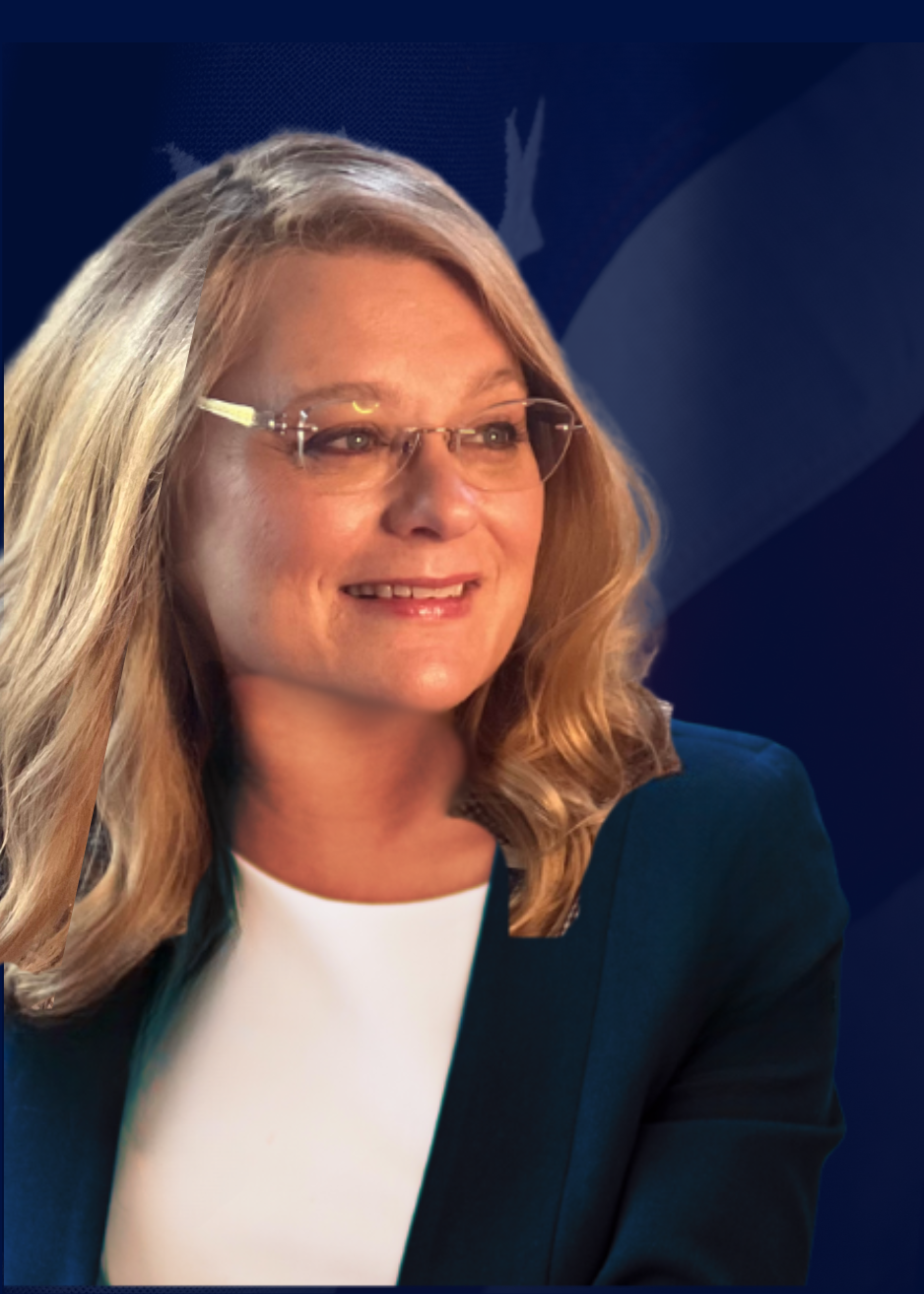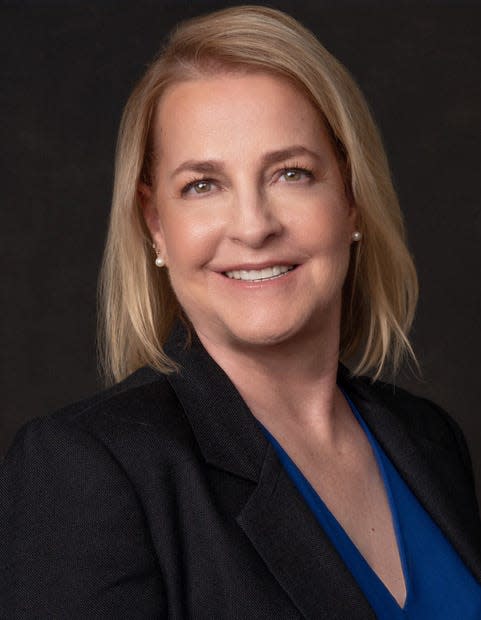How would county superintendent candidates handle school board appointments?
The Maricopa County School Superintendent’s Office is up for grabs this fall as incumbent Steve Watson seeks a third term against a slate of new candidates.
Watson’s decisions have impacted tens of thousands of students across the county because, in addition to overseeing school-related elections and managing the Maricopa County Regional School District, the county superintendent must appoint governing board members when vacancies arise in the county's 58 public school districts.
Since taking office in 2017, Watson said, he has made more than 100 appointments. Three candidates challenging Watson question his approach and say they want to change how the county superintendent’s office handles this responsibility.
Here’s what to know about how each candidate says they will handle school board appointments.
Challengers say they want more community input before appointments
Watson’s three challengers are unified in their call for greater community input, claiming the incumbent’s current process sidelines school districts in the appointment of their own leadership.
Arizona law allows districts to recommend up to three candidates to fill a vacancy, but the county superintendent is not required to select one of the people recommended. Watson said his discretion sometimes steers him in a different direction. That was the case for recent appointments in Peoria Unified School District and Mesa Public Schools, two of Arizona’s largest districts.
Watson said he didn’t make those decisions lightly. He interviews every candidate who applies, regardless of whether they are on a district’s shortlist. That meant nearly 50 interviews in Mesa and 25 in Peoria.
The public can also submit letters of recommendation to his office. Those efforts constitute a “vigorous” public input process, he said.

“I think there’s just sometimes a trepidation of the unknown,” Watson said. “At some point, you’ve got to give people the opportunity to do that job and make a vote before you can pass judgment on whether their appointment was good or not.”
Candidates Shelli Boggs and Nicki Kelley, who will face Watson in the Republican primary in late July before the winner moves on to November’s general election, said Watson’s decisions upset community members in Peoria and Mesa. Laura Metcalfe, the Democratic candidate, agreed.
“Picking the person that you want or you think fits and not communicating with the people that it impacts, that’s not responsible to me,” Boggs said.
Liberty Elementary School District, where Watson has appointed nine board members since taking office in 2017, gained its latest appointee at the end of April in a process that frustrated governing board President Michael Todd.
Liberty hosted a candidate forum in February where board members and the public asked applicants questions. The board then submitted its recommendation to Watson.

Todd said he was blindsided by the announcement nearly two months later that Bryan Cirrincione — who did not participate in the forum and had not applied through the district — would take office in 24 hours. That was the first time Todd had heard of Cirrincione.
In a Facebook post shortly after the announcement, Todd dubbed Watson “the clown prince of education” for failing to meet with his district before making a decision. Todd said Cirrincione is a promising addition to the board, but he wishes the process unfolded differently.
“It’s an incredible amount of power for one person to have,” Todd said.
Boggs said she would be more proactive in meeting with each district and involving the community in her applicant vetting process. Kelley said she would increase community access to her office via town halls and stakeholder committees, including a youth advisory committee, to help inform her decisions.
“I don’t think we listen to our students enough about what’s going on,” Kelley said.
Metcalfe said she would help districts form community advisory panels to collect information on board applicants, conduct interviews and select their top three choices. She would choose from their three recommendations as long as the candidates pass a background check and are supportive of public schools.

Watson "believes that he can be the sole decision-maker for a community based on the individuals who apply,” Metcalfe said. “That’s failing to put together the opportunity for a community to have the voice that they deserve.”
Should school board appointments be political?
Kelley wants conservative school board members, she said.
She’ll look for applicants who reject critical race theory and social and emotional learning, two hot topics that some conservatives claim are a waste of time at best, or left-wing indoctrination at worst. Critical race theory is an academic concept examining how U.S. institutions impact racial groups differently. Social and emotional learning instructs students on interpersonal skills and emotional regulation.
Applicants under Kelley would answer questionnaires that get at the root of their values, she said. This approach would put students, their learning and their safety first, she said.
“I’m not out to witch hunt people,” said Kelley, a math and physics teacher in Tolleson Union High School District. “I just want the absolute best for kids, and the focus, I think, has to be on academics because that’s what we’re missing. We have kiddos that are struggling with reading. We have adults who struggle with reading, and that shouldn’t be the case in the United States.”

In contrast, Boggs and Metcalfe, who both serve on the East Valley Institute of Technology governing board, said politics have no place in public schools or board appointments.
If an applicant is far on either end of the political spectrum, Boggs said, it would be an instant red flag. She first got involved in education to combat just that type of agenda, she said.
“How is it that politics are being prioritized in the school districts over the academics and students' learning and their safety?” Boggs said. “We have to be better for kids.”
Metcalfe said her values and political opinions would not influence her appointments. Instead, board members must reflect the values and pro-public education ideals of their local community. Applicants who possess political or personal agendas would not be considered, she said.
Watson declined to name specific traits that could warrant an applicant's disqualification. He said he takes a less categorical approach to weeding people out. What an urban district might consider “heresy,” he said, a suburban district might not.
Regardless, his appointments aren’t political, he said.
“I govern for everybody, not just one particular group of people: left, right, middle, whatever the flavor of the day is,” Watson said. “We try to get people in there who are going for the long term, who are going to be advocates and represent every single constituent in their school district.”
Should school board members have prior experience?
Watson has appointed individuals with extensive experience and those with “little-to-no perceived experience,” he said. Whether an applicant has previously served in a public office or attends school board meetings is not a primary consideration.
Instead, Watson said, he relies on three main criteria: whether an applicant cares about their local school district, is fiscally responsible and will focus dollars on the classroom, and is temperamentally ready to govern.
“While they might not be actively involved at a district level, that doesn’t mean that they’re not actively involved at the school level,” Watson said. His Mesa appointee, Courtney Davis, for example, had worked with a school post-COVID to knock on doors and identify where students were who hadn’t yet returned to class, he said.
Kelley agreed that having an outsider on the board to bring a fresh perspective can be valuable, so she does not consider regular attendance at school board meetings a prerequisite. More than anything, she wants board members who are critical thinkers rather than rubber stampers and who will work with rather than antagonize parents or teachers' unions.
But for candidates Boggs and Metcalfe — a Republican and a Democrat, respectively — prior school board experience is paramount. Both said they want to bolster training efforts to ensure incoming board members have a solid understanding of their fiscal and legal responsibilities before swearing-in.
The two highlighted Watson’s November appointment of Becky Proudfit to the Peoria governing board as having missed the mark. Proudfit previously volunteered in her children’s school but otherwise lacked public school experience.
“Nice enough lady, I’m sure, but we aren’t worried about nice," Metcalfe said. "We’re worried about being able to know what the impact of a legal decision on a school board level has not only on the community but the superintendent, the staff, the administration and the student. ... Bringing somebody in who has zero background is a failure of epic proportions.”
Proudfit previously told The Arizona Republic she hoped to unify the district and build bridges between board members who were divided over issues related to transgender students’ access to facilities and diversity, equity and inclusion.
Watson defended his appointment as the right choice at the right time for the district. As vindication, he pointed to the governing board’s decision to elect Proudfit its president after just a few meetings.
“I think that speaks to her ability to bring in everybody and respect all different perspectives,” Watson said. “If you meet that criteria to be temperamentally ready to govern, you’re just going to be responsive to your constituents.”
Reach the reporter at [email protected].
This article originally appeared on Arizona Republic: How would county superintendent candidates handle school board picks?
